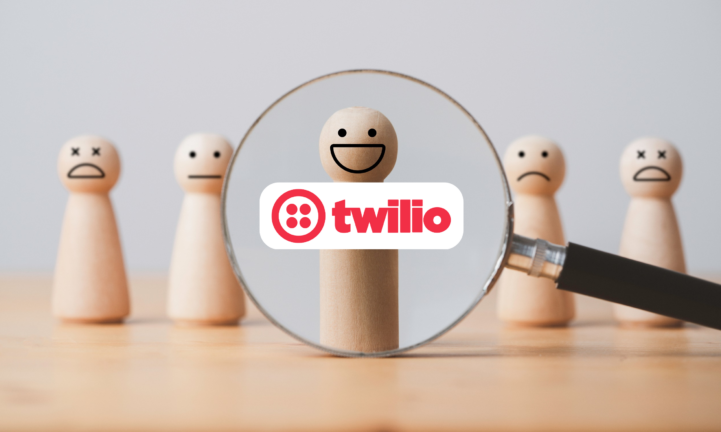What draws you to a particular store— personalized offers, hassle-free return policies, or perhaps something entirely different? According to a recent SAP Emarsys study, 72% of Americans prefer stores that offer free returns.
The study highlights that as many as 88% of US consumers have cut ties with a retailer due to the implementation of a paid returns policy. Moreover, 54% actively steer clear of establishments that impose charges for returning items.
To give more insights into customer loyalty, SAP Emarsys also released insights from its 2023 Customer Loyalty Index, offering a deeper look into how consumers interact with brands and how their loyalty patterns evolve.
“With brands losing money from returns, it is understandable that retailers have added returns fees, but it is imperative retailers don’t damage their customer experience in the process. We need to fight the root cause of the problem, not just manage the symptoms. For me, that’s where personalization comes in,” said Sara Richter, CMO at SAP Emarsys.

The data from SAP Emarsys tells us that returns are on the rise, with 86% of shoppers sending items back in the past year. Interestingly, almost a quarter (23%) of shoppers admit to 'wardrobing,' where they buy items intending to return them. This often involves purchasing the same product in different sizes.
To tackle this, some stores have started charging for returns. However, the study suggests this strategy might backfire, as 49% of consumers become less loyal to brands that do so.
Crucially, 54% of respondents prefer not dealing with returns, and 60% want retailers to "get it right the first time." This shows that most US consumers want a smooth initial purchase experience and are not keen on the hassle of returns.
“When retailers offer more targeted products based on customer data, such as returns behavior and wish lists, the volume of returns drops. Three quarters (77%) of shoppers prefer brands that make personalized offers, and we saw an increase in retailers embracing this approach during last year’s Black Friday weekend,” added Richter.
The research findings support the notion that consumers believe retailers can decrease return rates by delivering a more tailored product selection (26%) and offering personalized marketing materials (24%). Almost half of US consumers (41%) express a desire for enhanced personalized recommendations and exclusive deals, aiming to recreate the in-store shopping experience in the online realm.









